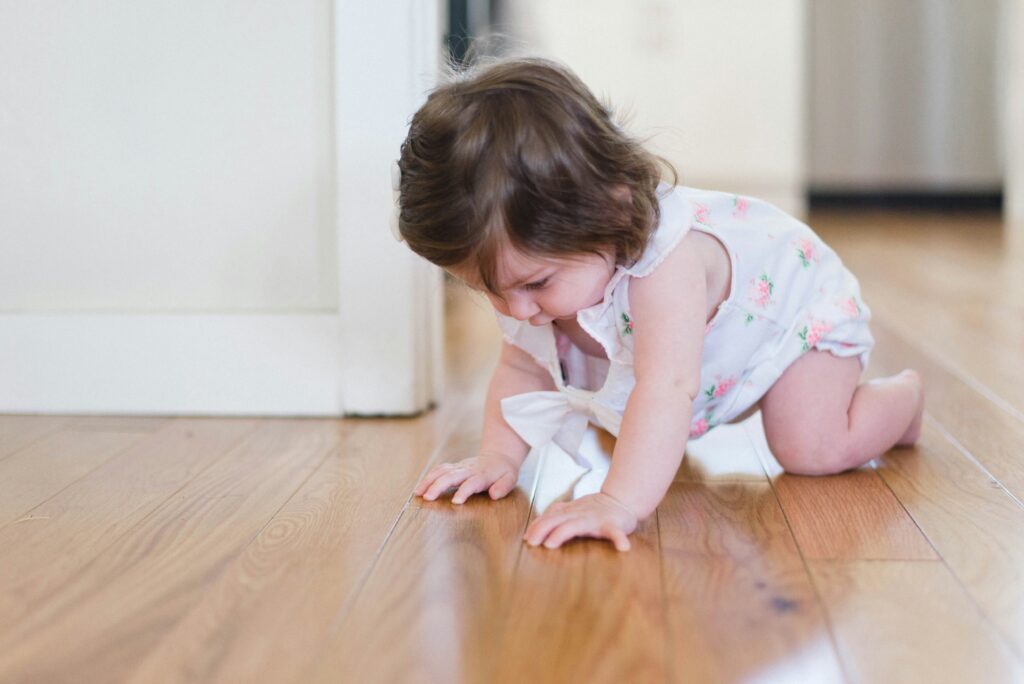Understanding Positive Parenting
Positive parenting is about creating a nurturing environment that promotes children’s emotional well-being and development.
Core Principles of Positive Parenting
Positive parenting rests on empathy, respect, and consistency. Empathy means appreciating a child’s feelings and viewpoint. Respect involves recognizing their individuality and rights. Consistency ensures children understand expectations and boundaries, creating a sense of security.
How It Differs From Traditional Parenting Methods
Positive parenting focuses on guidance and encouragement rather than punishment and control. Traditional methods often emphasize discipline through authoritarian approaches.
Positive parenting, contrastingly, seeks to build trust, motivate children through positive reinforcement, and foster a cooperative relationship.
Strategies to Encourage Happiness and Well-Being
Positive parenting strategies aim to foster happiness and well-being in children. Key methods focus on creating supportive environments and using communication effectively.
Establishing a Positive Home Environment
Cultivating a nurturing atmosphere at home bolsters a child’s emotional stability. A positive environment includes:
- consistent routines
- healthy habits
- mutual respect
Encourage open discussions about feelings and experiences. Ensure children feel safe and valued.
Setting clear expectations is essential. Use rules that promote safety and respect. Foster an inclusive environment involving all family members in decision-making. Incorporate regular family activities for bonding.
Effective Communication Techniques
Communication plays a significant role in positive parenting. Active listening demonstrates empathy and understanding. Allow children to express themselves without interruptions. Validate their feelings even if disagreements arise.
Using age-appropriate language aids comprehension. Simplify complex ideas for young kids, while offering detailed explanations for older ones. Maintain eye contact and use non-verbal cues for better engagement.
Praise and positive reinforcement encourage good behavior. Highlight specific actions to show children what’s appreciated. Using constructive feedback promotes learning while maintaining trust and respect.
Implementing Discipline Without Punishment

Positive parenting strategies include effective discipline without resorting to punishment. This approach encourages good behavior and emotional development.
Positive Reinforcement Methods
Using positive reinforcement, I promote desired behaviors in children. Praising specific actions instead of offering general compliments helps kids understand what they’re doing right.
For instance, saying “You did a great job cleaning your room” is more effective than just saying “Good job”. Rewards like stickers, extra playtime, or verbal praise strengthen positive actions and build self-esteem. Regularly acknowledging good behavior helps children recognize and repeat those actions.
Setting Boundaries With Empathy
Setting clear, empathetic boundaries ensures children’s understanding of rules and expectations. I explain the reasons behind rules, ensuring kids grasp their importance. For example, “We don’t hit because it hurts others” is more impactful than a simple “No hitting”.
Consistency in enforcing boundaries builds trust and security, while showing empathy fosters emotional intelligence. When empathizing with a child’s feelings yet upholding rules, I nurture both respect for boundaries and emotional growth.
Real-Life Success Stories
Positive parenting strategies have a tangible impact on children’s happiness and well-being. Here are some real-life examples that highlight the effectiveness of these approaches.
Case Studies of Positive Parenting
1. Sarah and David: Creating a Supportive Environment
Sarah and David focused on building a nurturing home for their two children. They established consistent routines, such as family dinners and bedtime stories. By setting clear expectations, like specific responsibilities for household chores, they fostered a sense of stability and responsibility.
After six months, their children showed improved behavior and higher self-esteem.
2. Maria and John: Effective Communication
Maria and John faced challenges with their teenage son’s rebellious behavior. They decided to implement open communication strategies, holding weekly family meetings where everyone could express their feelings and concerns.
This approach helped their son feel heard and understood, leading to a significant reduction in conflicts within three months.
3. Rachel: Praise and Positive Reinforcement
Rachel used praise and positive reinforcement to encourage her daughter’s academic progress. Instead of punishing mistakes, she celebrated efforts and small successes. She noticed her daughter’s grades improved steadily over a school year, and her confidence soared as a result.
4. Emma’s Story
“I implemented positive parenting techniques like active listening and validating my child’s emotions. It transformed our relationship. My daughter now openly shares her thoughts, and we have fewer emotional outbursts.”
5. Michael’s Experience
“Using positive reinforcement and setting clear boundaries helped my son understand the consequences of his actions without feeling punished. In just a few months, his behavior at school improved remarkably, and he seemed much happier.”
6. Sophia’s Journey
“Incorporating empathy in discipline changed everything for us. My child feels respected, and our bond has strengthened. We have a harmonious relationship, which makes our home a happier place.”
These real-life success stories affirm the power of positive parenting strategies in raising happy, confident children.These real-life success stories affirm the power of positive parenting strategies in raising happy, confident children.

 Cynthian Holleyori is a skilled article writer who has been integral to the development of Toddler Health Roll. Her deep understanding of child health and development is evident in her well-researched and practical articles, which provide parents with essential guidance on raising healthy toddlers. Cynthian's contributions have significantly shaped the platform, ensuring that it addresses the most pressing concerns of parents and caregivers.
Beyond her expertise in toddler health and nutrition, Cynthian also delves into the mental and emotional well-being of young children. She offers valuable parenting strategies that help families foster a nurturing and supportive environment for their toddlers. Her dedication to building Toddler Health Roll has made it a trusted and comprehensive resource for parents committed to their children's growth and happiness.
Cynthian Holleyori is a skilled article writer who has been integral to the development of Toddler Health Roll. Her deep understanding of child health and development is evident in her well-researched and practical articles, which provide parents with essential guidance on raising healthy toddlers. Cynthian's contributions have significantly shaped the platform, ensuring that it addresses the most pressing concerns of parents and caregivers.
Beyond her expertise in toddler health and nutrition, Cynthian also delves into the mental and emotional well-being of young children. She offers valuable parenting strategies that help families foster a nurturing and supportive environment for their toddlers. Her dedication to building Toddler Health Roll has made it a trusted and comprehensive resource for parents committed to their children's growth and happiness.
